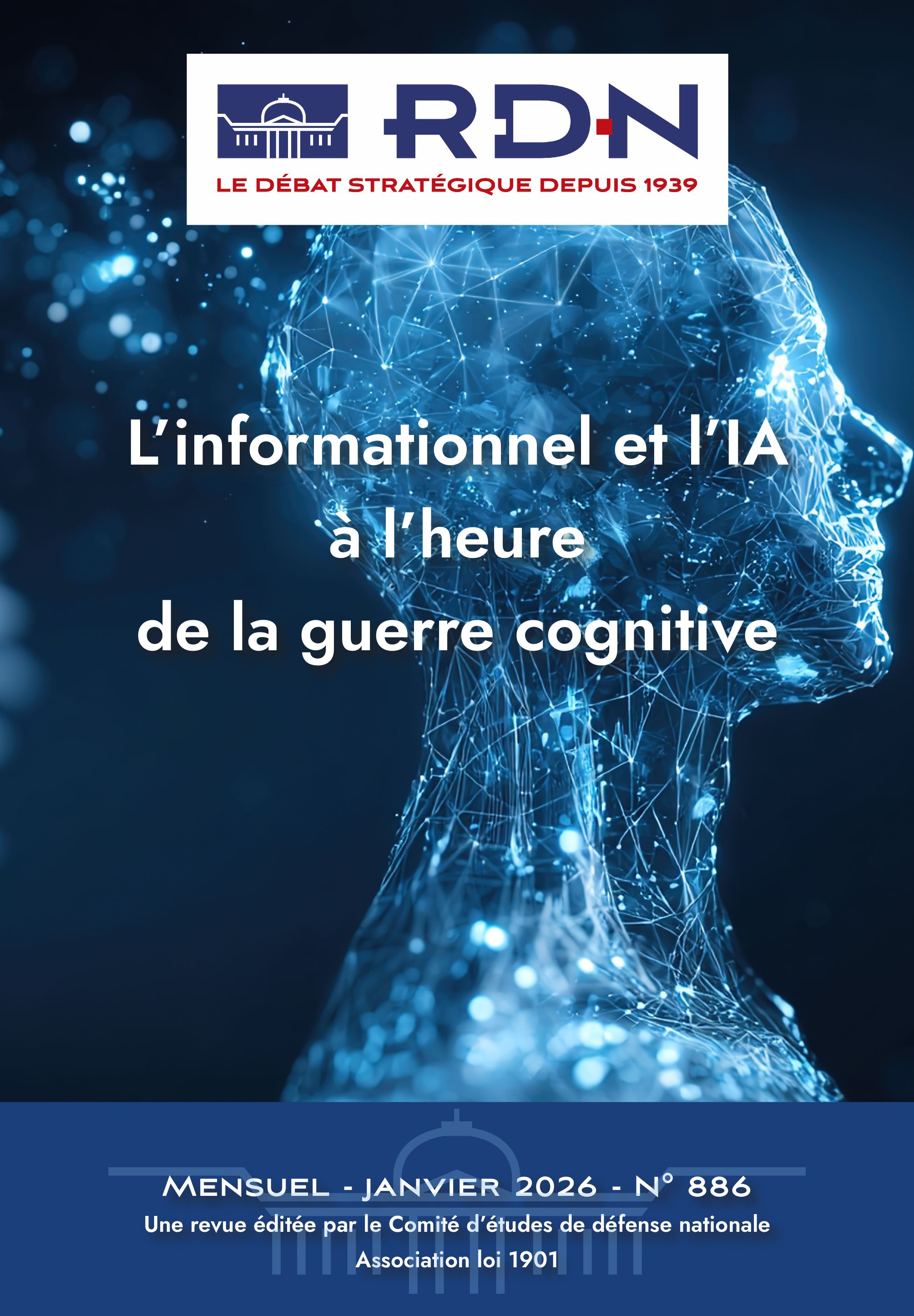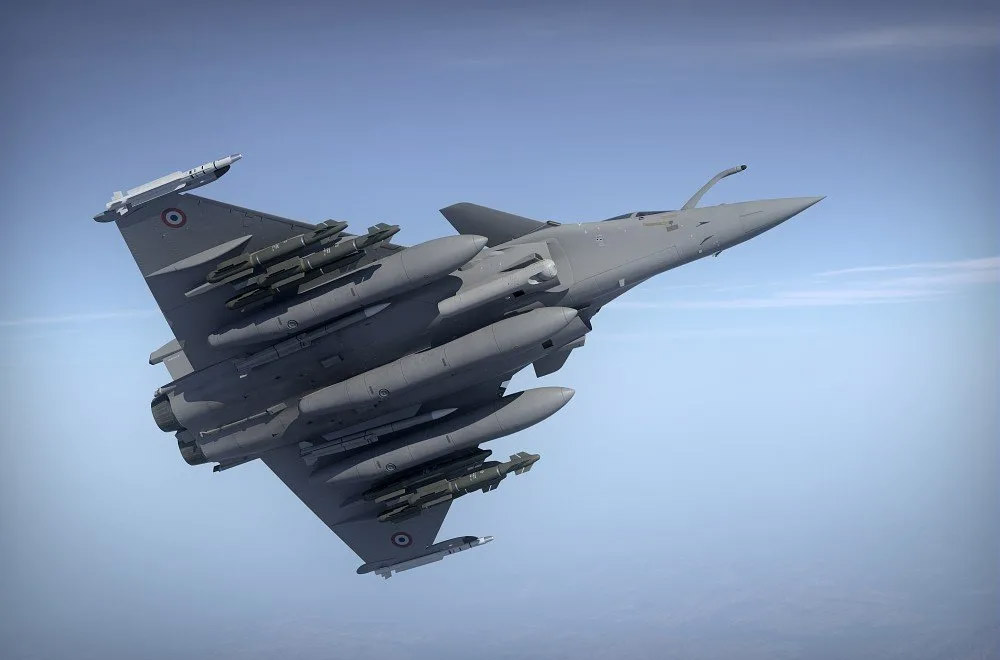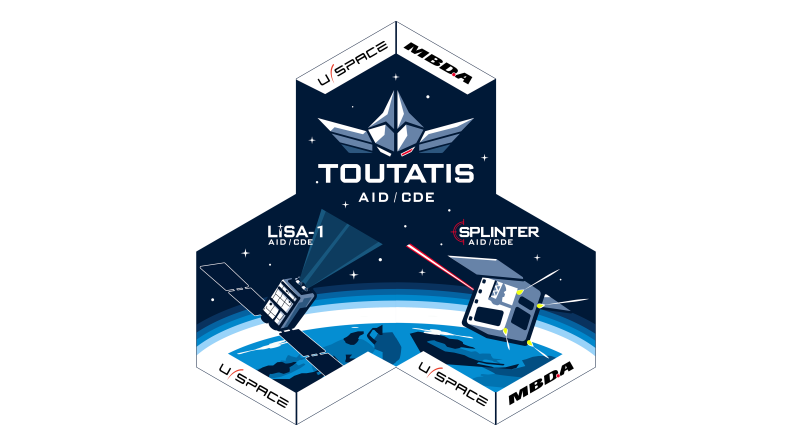Abstracts
Articles in the French and English editions of RDN this month
National foundations of strategic research - Alain Bauer
In this forum the team from the Conseil supérieur de la formation et de la recherche stratégique (CSFRS—Higher Council for Training and Strategic Research) presents its analysis of future possible conflicts and demonstrates the advantages of trend analysis and the early identification of indicators and dangers, challenges and vulnerabilities. It explains the CSFRS’s early warning role.
From the Satory set to global Eurosatory - Patrick Colas des Francs
In this short exposé, the author shows that, in addition to presentations on
technical subjects and operational concepts for army equipment, a conference-based event facilitates dialogue and discussion, especially on new aspects of security.
For the bomb - Francis Gutmann
In this article, Ambassador Gutmann reminds us of the topicality and pivotal importance of nuclear weapons, regardless of the opinions of those who see them as redundant or who consider the concept of deterrence to be outdated. Without ignoring such current debates and developments, his view is that they still have an effective role to play in our defence and in the promotion of peace.
Can deterrence work in cyberspace? * - Charles Bwele
Cyberwarfare and cyberdefence in a NATO and EU context - Bart Smedts
Cyberwarfare is a threat. Appropriate defence requires collaboration between NATO and the EU. Such cooperation is an essential prerequisite if we are to develop an integrated approach to the protection of critical information infrastructure, which is the keystone of cyber-defence.
Cyberwarfare and space warfare—the basis for future conflicts? - Jean Roubertie
Information and space-based systems are at the heart of conventional conflicts. Are we to expect fields of conflict to shift to within their component subsystems? Should we fear cyberwarfare, cyberterrorism and the weaponization of space?
African peace and security architecture - Amandine Gnanguênon
The African Union created for itself a fairly basic peace and security architecture that has progressively developed the instruments and procedures that the author describes here. The defects of a process that hesitates between external assistance and indigenous development are identified.
Reform of the security sector in Guinea - Dominique Bangoura
By recalling the origins of Guinean independence, Mme Bangoura demonstrates that the crisis that erupted last autumn was part of a slow process of normalisation for the defence and security forces within Guinean public life.
Security and defence: relations between the EU and Africa - Bastien Nivet
Relations between the European Union and the African Union in the security and defence fields have now developed into a genuine interregional strategic partnership. Within this relationship, arising from a juxtaposition of favourable circumstances and a tangible convergence of interests, the two players have been individually consolidating their positions as part of a complex interdependence-based relationship.
A European Staff College for officers? - Manuel Maria Jiménez Rodriguez
The author reminds us that above and beyond operational procedures and technical interoperability standards, multinational effectiveness can only result from a genuine shared military culture. A European Staff College would contribute to this.
ROE and tactics: honour to the rescue of complexity - Michel Yakovleff
The need for rules of engagement (ROE) is generally accepted, especially for multinational crisis-management operations. General Yakovleff reminds us that they are no universal panacea, and that the military, in its training packages, already possesses the ethical and tactical resources needed to manage the complexity of the terrain and to subjugate its adversaries.
The French example of global operations in the counter-insurgency role - Stéphane Gouvernet
The French Armed Forces have capabilities based on common sense and an open mind, and this enables them to adopt with ease a global approach to counterinsurgency. The work of the Regional Command Capital mandate IV/2, in Afghanistan, is an eloquent example.
Increase our troop numbers in Afghanistan? - Christophe Ayzac
The thoughts of a moral nature that are expounded in this article, were mainly informed by personal meetings with eastern Muslim societies that the author experienced from the inside (in Tajikistan and in Oman). They offer the chance to better understand the views of the West held by such societies, with less uncertainty and greater refinement.
The tactical UAV: a component of military power - Fabrice Jaouën
Operations in Afghanistan have resulted in increased interest in UAVs (drones), especially those with a tactical role; they have demonstrated their worth in the surveillance task in a territory that is particularly extensive and compartmented, and hence difficult to monitor. Their role should increase considerably in the years to come.
Pakistan against terrorism: perceptions and realities - Saqib Khan
Pakistan is engaged on several fronts in the fight against the endemic insecurity resulting from a fragile regional environment and is often viewed as an ambiguous player. The author describes in detail the factors governing Pakistan’s anti-terrorist posture.
War, crisis and barbarism* - Anne Guibert-Lassalle
Western public opinion’s current confusion over the war in Afghani-stan has its roots in the long and tragic history of the region. This fantasy of the barbarian was not entirely eradicated by twentieth century social sciences, which are still very conscious of their failure to define warfare.
The limits of counter-terrorism - Patrick Brunot
For many decades now, terrorism and counter-terrorism have dominated the news. The time has now come to analyse resources available to oppose terrorism with a view to consolidating certain fundamental aspects so that what is seen by some as a global cataclysm can be effectively countered.
Resilience: from concept to reality - Jean-Michel Mantin
The author emphasises that resilience cannot be made to order; it is not self-evident but arises out of precautionary and preventive measures. He explains that Defence administration must be dependable when a crisis occurs.
Serbia: between integration and interaction - Arta Seiti
The main theme of the article arises from an analysis of the two key concepts of integration and interaction for Serbia. This thought process presents the role of this country as a major geostrategic pivot for South-East Europe, while in parallel representing a factor for synergy and readjustment of the balance between international players.
The OSCE—Kazakhstan’s turn - Guy Vinet
Since 1990, the Organisation for Security and Cooperation in Europe (OSCE) is presided over on an annual basis. In 2010, for the first time, it is an ex-Soviet Union nation, Kazakhstan, which has been appointed to this presidency. How should this outcome be interpreted, and is this presidency likely to bring innovation or breathe new life into an organisation that seems to have lost the drive it showed in the 1990s?
The US nuclear posture and the challenge of the bunkers - Guillaume Grandvent
This article questions the position of nuclear bunker-penetration weapons in the United States’s nuclear posture and its debate on disarmament.
Iraq’s nuclear weapons - Alain Denis
A detailed explanation of a controversial episode: the reality and the destination of Saddam Hussein’s nuclear weapons.
Net Assessment: views on US military planning - Jean-Loup Samaan
Net Assessment is a planning technique that has been used within US defence circles since the 1970s. Combining a systematic survey of the military capability of potential adversaries with a behavioural assessment of the latter, this method generates scenarios and war games that inform the Pentagon’s decision-making process.
The Copenhagen Syndrome * Thomas Renard
* The full text of articles marked with an asterisk is published in the English edition of this month’s RDN.







